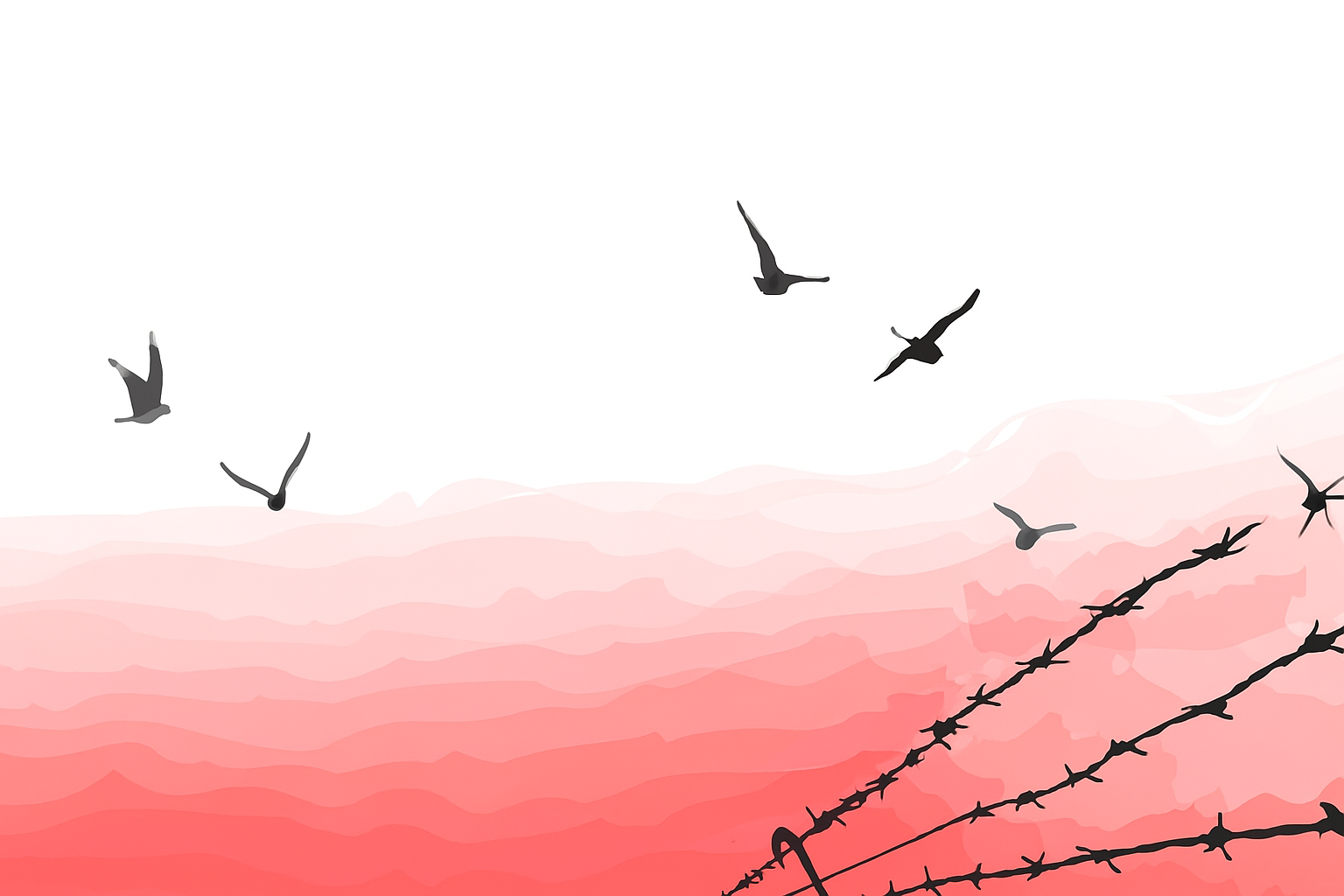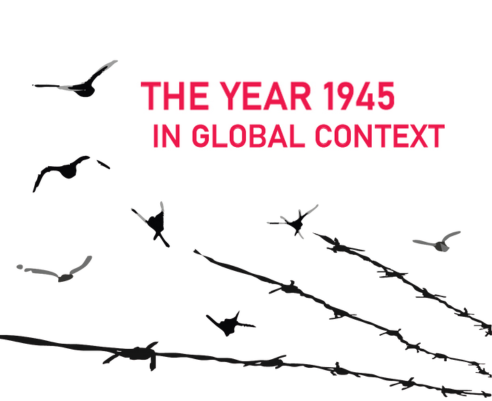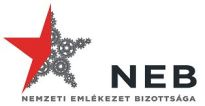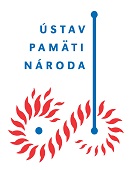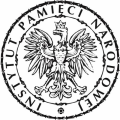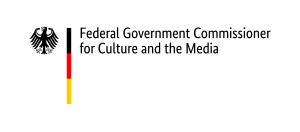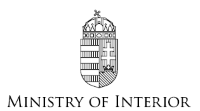18—20 November 2025
Liechtenstein Palace, Prague, Czech Republic
In 2025, we commemorate the 80th anniversary of the end of World War II. The interpretation of this milestone varies significantly across countries, ranging from its unequivocal recognition as liberation from Nazi tyranny or occupation by militarist Japan, to the assertion that one form of totalitarianism — Nazism — was merely replaced by another — Communism. It is indisputable that the post-1945 period brought about a fundamentally new configuration of both the European and global order.
While certain aspects of this order came to an end with the close of the 20th century, many of its legacies persist to this day. The diverse and often conflicting interpretations of 1945, as well as the points of convergence and divergence, and the complex, interrelated issues that arise from this historical turning point, demand a comparative and interdisciplinary approach. This includes not only a shared platform for historical analysis but also critical engagement from the fields of law, political science, sociology, and other relevant disciplines. The urgency of this discourse is further heightened by the proliferation of unsubstantiated narratives and misinformation — including deliberate disinformation campaigns — concerning the end of the Second World War. Contemporary authoritarian regimes frequently instrumentalize these distortions to legitimize territorial claims and undermine democratic values.
In response to these pressing challenges, the Institute for the Study of Totalitarian Regimes is organizing an international conference in November 2025 to mark the 80th anniversary of the end of the Second World War. The conference aims to contextualize this historic moment not only within national or European frameworks, but also from a genuinely global perspective.
Liechtenstein Palace, Prague, Czech Republic
In 2025, we commemorate the 80th anniversary of the end of World War II. The interpretation of this milestone varies significantly across countries, ranging from its unequivocal recognition as liberation from Nazi tyranny or occupation by militarist Japan, to the assertion that one form of totalitarianism — Nazism — was merely replaced by another — Communism. It is indisputable that the post-1945 period brought about a fundamentally new configuration of both the European and global order.
While certain aspects of this order came to an end with the close of the 20th century, many of its legacies persist to this day. The diverse and often conflicting interpretations of 1945, as well as the points of convergence and divergence, and the complex, interrelated issues that arise from this historical turning point, demand a comparative and interdisciplinary approach. This includes not only a shared platform for historical analysis but also critical engagement from the fields of law, political science, sociology, and other relevant disciplines. The urgency of this discourse is further heightened by the proliferation of unsubstantiated narratives and misinformation — including deliberate disinformation campaigns — concerning the end of the Second World War. Contemporary authoritarian regimes frequently instrumentalize these distortions to legitimize territorial claims and undermine democratic values.
In response to these pressing challenges, the Institute for the Study of Totalitarian Regimes is organizing an international conference in November 2025 to mark the 80th anniversary of the end of the Second World War. The conference aims to contextualize this historic moment not only within national or European frameworks, but also from a genuinely global perspective.
